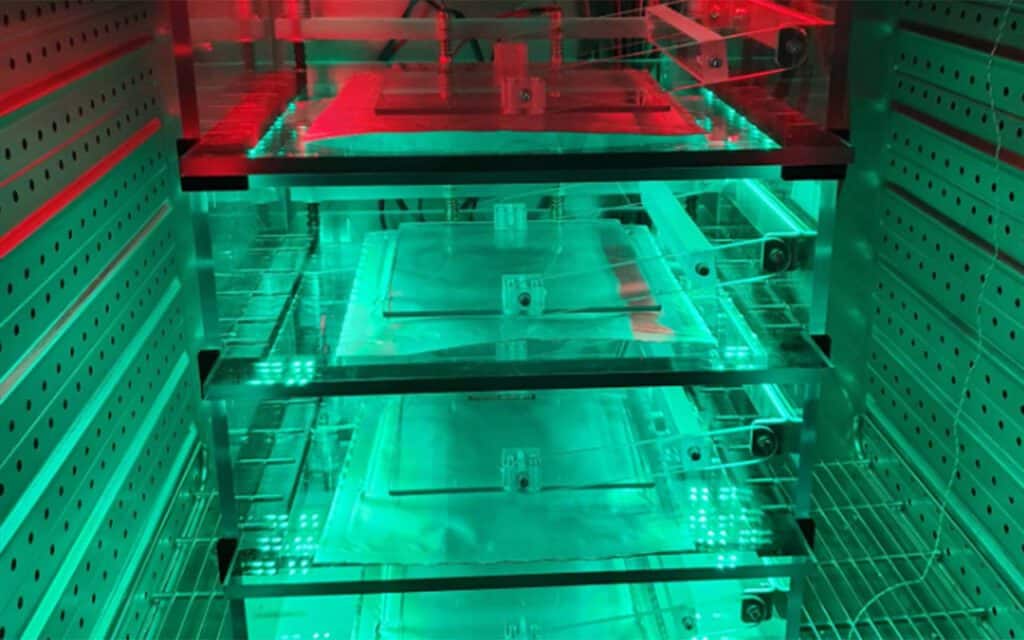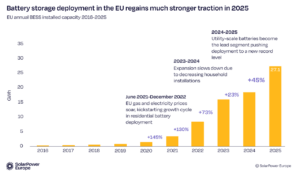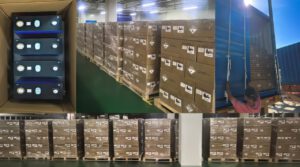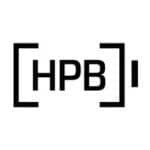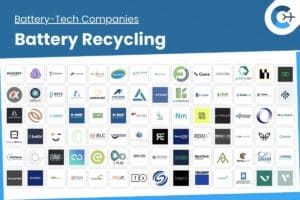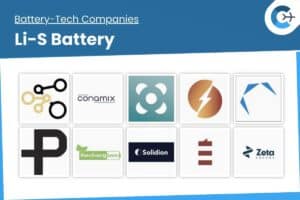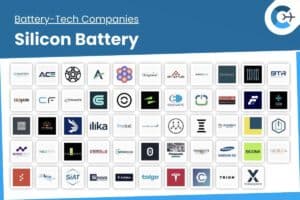The Chair of Production Engineering of E-Mobility Components (PEM) at RWTH Aachen University, in collaboration with three national institutes, has successfully concluded the “InForm” project. Funded by the German Federal Ministry of Education and Research, the three-and-a-half-year initiative focused on enhancing lithium-ion battery production through the integration of artificial intelligence (AI).
During the project, the scientific partners developed AI-supported processes that enable earlier optimization and evaluation of battery cell properties compared to previous methods. Professor Achim Kampker, Director of PEM, stated, “With the help of digitalization and artificial intelligence, the production of lithium-ion batteries can be accelerated with process costs decreasing and quality increasing.” By utilizing AI alongside physicochemical models, the team was able to intervene strategically in the formation sub-step of battery production. This approach resulted in a reduction of process time by approximately 50 percent using a pulse formation protocol, followed by an additional 20 percent decrease with AI support.
The advancements achieved through the “InForm” project demonstrate the potential to produce customized batteries with enhanced electrical properties and longer lifespans. These improvements not only accelerate the development of tailored procedures but also significantly reduce production times. Kampker emphasized the importance of individual battery manufacturing and automated quality assessment as key factors for maintaining competitive battery production.
A critical aspect of the project was the optimization of the “forming” step, the final production phase that crucially impacts the battery’s performance, safety, and longevity. During formation, battery cells undergo their initial charging and discharging cycles, during which the Solid Electrolyte Interphase (SEI) layer forms at the electrodes. The research team employed electrochemical impedance spectroscopy to monitor the resistance of the SEI layer, allowing them to assess the correct formation and lithium consumption, which are essential quality indicators for both discharge capacity and long-term behavior. Tobias Robben, PEM’s project manager, noted that this method enables the determination of battery quality without interrupting the production process, facilitating early identification of rejects and resulting in significant time and cost savings.
The “InForm” project was part of the larger “Intelligent Battery Cell Production” (InZePro) competence cluster, also funded by the German government. PEM’s collaborators included the Helmholtz Institute Ulm (HIU) for Electrochemical Energy Storage of the Karlsruhe Institute of Technology, the Center for Solar Energy and Hydrogen Research Baden-Württemberg (ZSW), and the Institute for High Voltage Technology and Power Systems (elenia) at TU Braunschweig. The successful completion of the project marks a significant step forward in the efficient and high-quality production of lithium-ion batteries.

